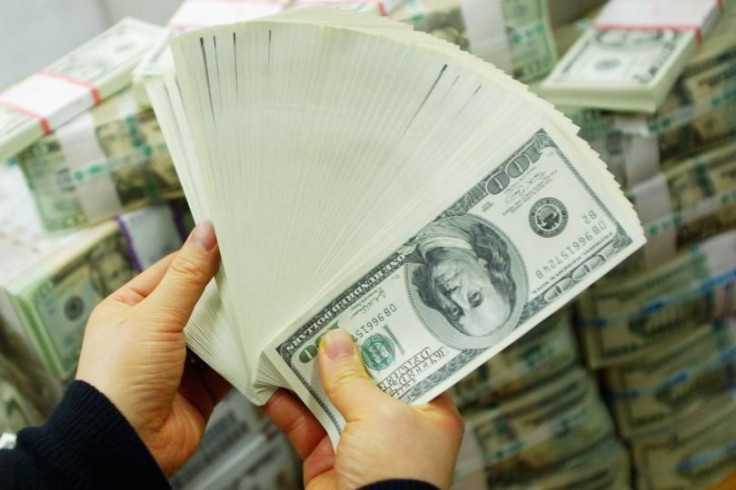Facebook, Google, Apple, Yahoo May See Profits Shrink From Closed Tax Loopholes

The upcoming U.S. tax filing deadline — Monday, April 18 — doesn’t just have regular Joes on edge. Massive corporate entities based in the U.S. are getting a little nervous, too, according to a report from the Financial Times.
The number of companies warning their investors about increased impact from taxes in 2015 has doubled from last year, the FT says.
The warnings come from the potential closing of myriad international tax loopholes, courtesy of the Organisation for Economic Co-operation and Development (OECD), a consortium of 34 countries, including the Germany, the U.K. and the U.S.
Some of those loopholes include accounting tricks like shifting profits from Ireland, where tax rates are already relatively low, to Bermuda, where the company doesn’t pay any taxes. Companies are able to do this because the definitions of “residence” are different in U.S. and Irish tax law, allowing money made from sales in Ireland to wind up being “based” in Bermuda or another country considered a tax shelter.
The OECD estimates that various companies’ tax avoidance costs governments around $240 billion.
The companies that are likely to be hit hardest are those in the tech sector, like Apple, already-beleaguered Yahoo and Google. Travel site Priceline is already fighting a French tax penalty of 356 million euros ($397 million), and the U.K. is looking to take back 1 billion pounds ($1.4 billion) from corporations after eliminating a tax break on interest costs.
Google, the report notes, has included language about tax concerns for 10 years now. Other companies have also been proactive about warning investors that the tax hammer could fall at any moment.
But investors have been slow on the uptake. “I still think that investors are not asking the right questions. They are in early stages of understanding the issues,” Fiona Reynolds, the managing director of a network of fund managers, told the FT.
© Copyright IBTimes 2024. All rights reserved.






















